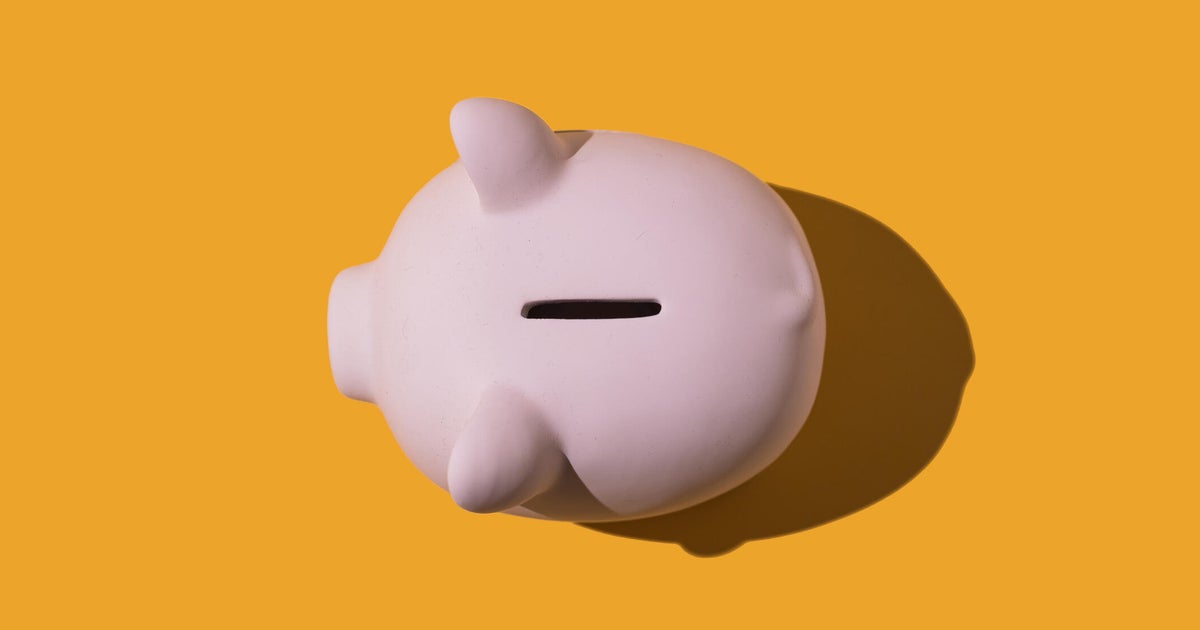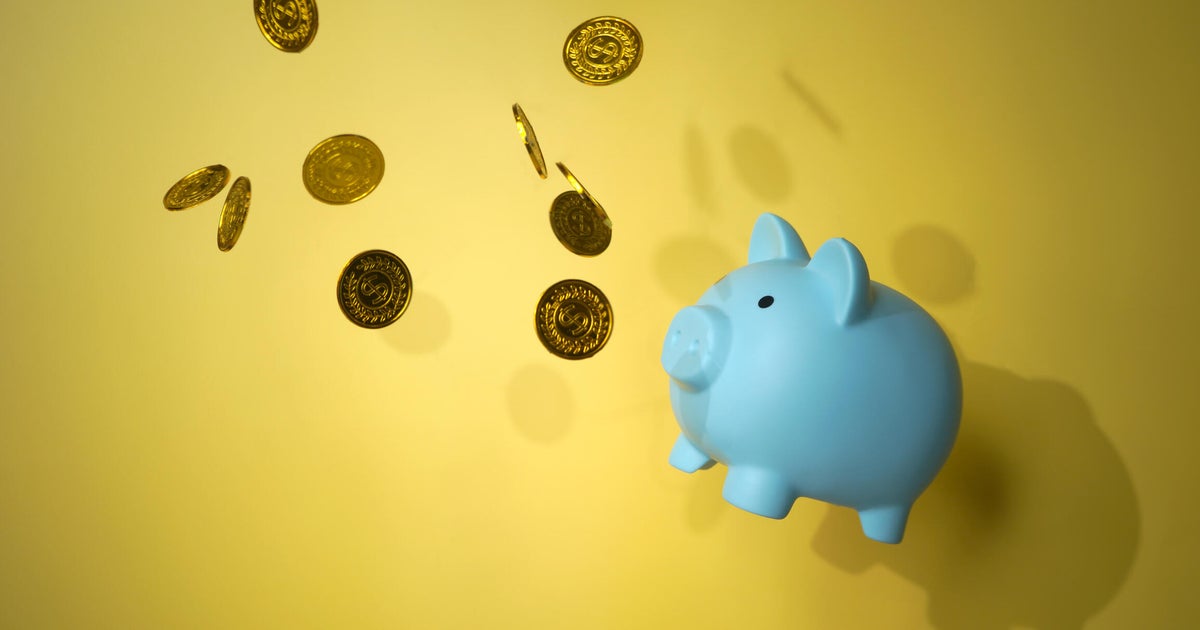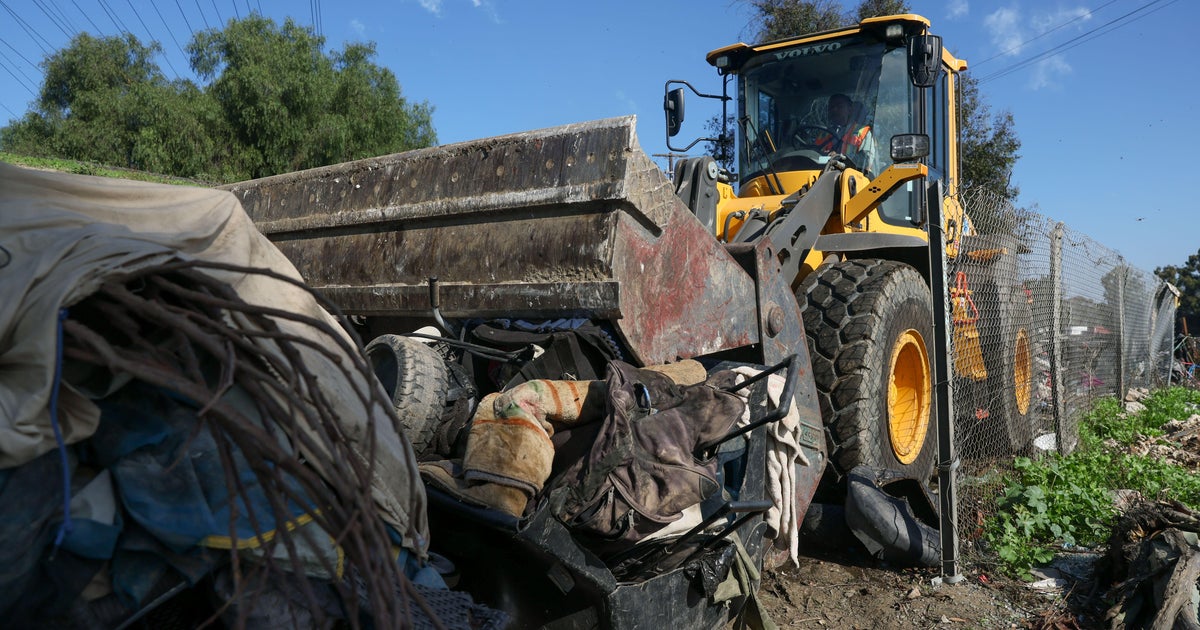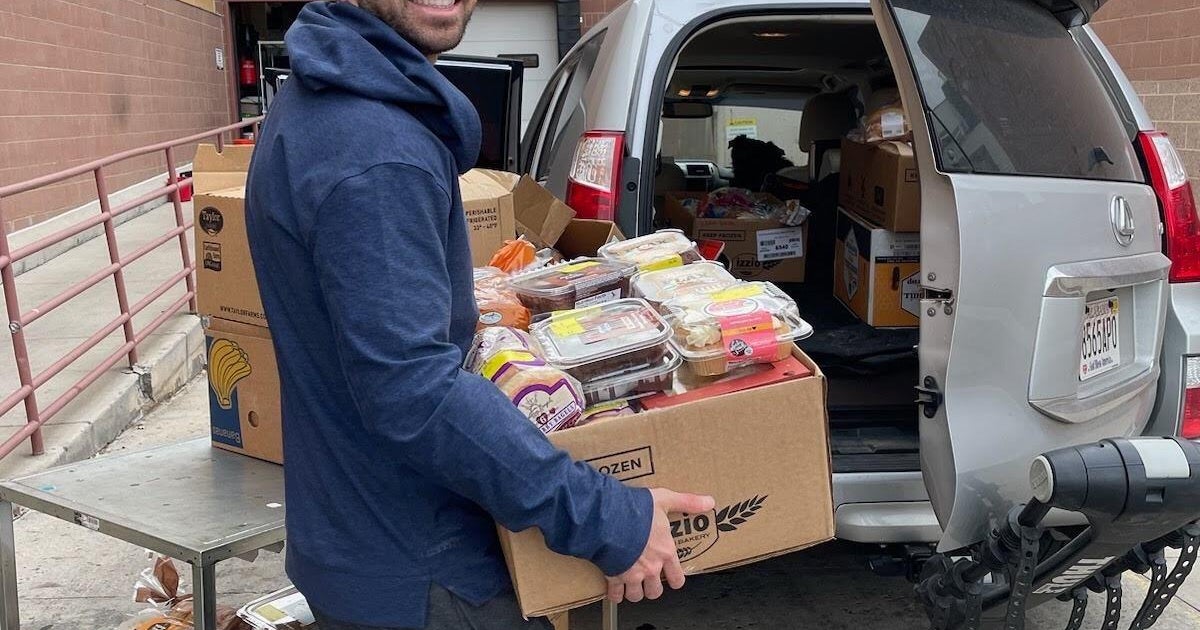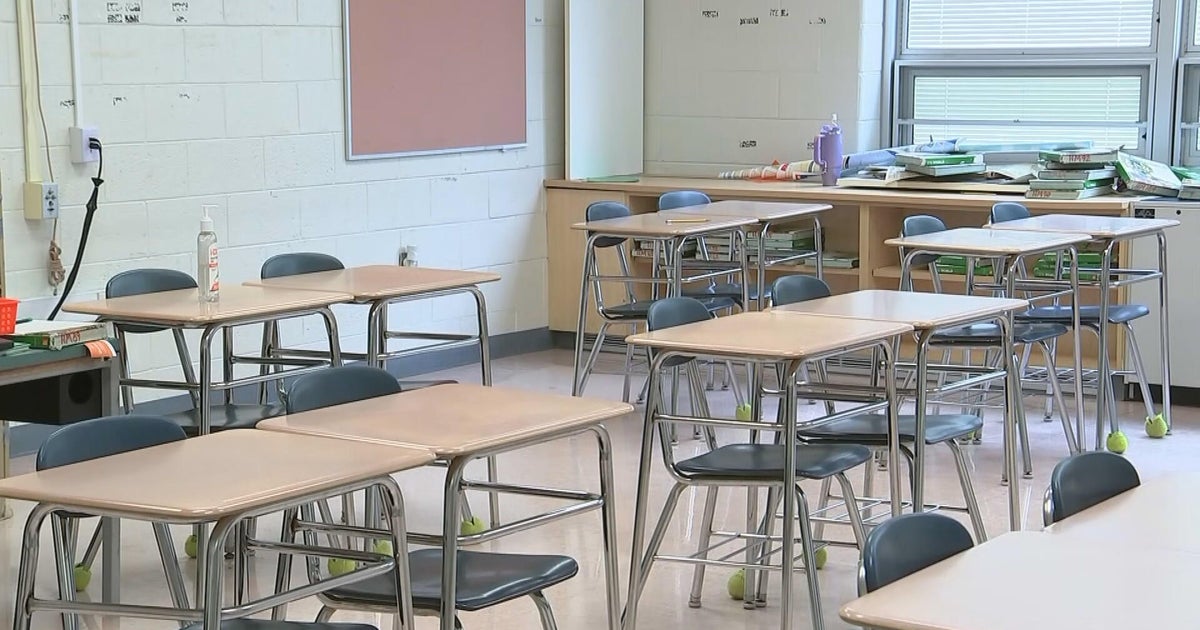Where should you put $25,000 in savings?
Saving money is important for just about everyone but it's only half the battle.
It's also important to think about where you're going to put your money once you save it. After all, if you're not earning a return on your savings that's at least equal to the rate inflation, your money is losing purchasing power. So, once you've built a meaningful savings account, where can you store your money that will provide a safe, yet meaningful, return?
Open a high-yield savings account now to make your money work harder for you.
Where should you put $25,000 in savings?
Where you should put $25,000 in savings depends largely on what you want to eventually do with that money. Are you saving it for your emergency fund or for short-term or long-term goals? The answer to this question will play a vital role in where it's best to put your $25,000 in savings.
Where to save money for your emergency fund
There's no telling when an emergency might happen, but one thing is clear - when you have an emergency, it's not going to wait for you to have access to the money you need to take care of it. So, you should store your emergency fund in a safe account that provides a high level of accessibility and a reasonable return.
A high-yield savings account may make a perfect home for your $25,000 emergency fund. These accounts usually come with FDIC or NCUA insurance on balances up to $250,000, which is well over the $25,000 mark. So, even if something happens to the financial institution you open the account with, your money will be safe. Moreover, you should be able to access your money at will up to six times per month and considering the current high interest rate environment, returns on these accounts can be impressive - especially with such a meaningful balance. So, a high-yield savings account usually makes an effective home for an emergency fund.
Take advantage of today's high rates with a high-yield savings account.
Where to save money for short-term goals
If you've saved the money with short-term goals in mind, a short-term certificate of deposit (CD) might be the best option. These CDs come with terms that range from a few months to a year. During this period, you agree to keep your money locked in the account. In exchange for your willingness to keep your money in the account, the financial institution agrees to pay a fixed rate on your CD for its entire term - with some short-term CD interest rates as high as 5.66%.
CDs typically come with FDIC and NCUA insurance. Moreover, the fact that their returns aren't subject to changes in the market or the economy adds to their safety. However, you will probably have to pay a penalty if you access your money early. Though you can view this as a negative, it could have a positive impact on your ability to meet your short-term goals by bringing discipline to your savings practices.
So, what does $25,000 do in a short-term CD at 5.66%? It will earn about $1,415 annually, producing a total of $26,415 after a one-year term.
Where to save money for long-term goals
CDs may also be a strong home for your savings for long-term goals - you'll just want to opt for long-term varieties of these savings vehicles. Some CDs come with terms up to 10 years, but you'll want your term to match your goal horizon. After all, you'll likely be penalized if you need access to the money in your account early. Nonetheless, now may be the perfect time to deposit your money for long-term goals into a CD. Here's why:
- Interest rates are high: We are in a high interest rate environment at the moment. That means returns on CDs can be impressive.
- Interest rates may fall soon: The Federal Reserve's work to combat inflation is a driving force behind high returns on CDs and other deposit accounts. On the other hand, inflation is cooling. As such, many experts suggest that lower interest rates are on the horizon. The good news is that when you open a CD now, you lock in today's high rates for the entire term of the account - even if that term is 10 years.
- CDs are safe: As mentioned above, CDs are a safe way to store your cash. After all, they're typically FDIC or NCUA-insured and they offer predictable returns that aren't susceptible to the ebbs and flows of the market or overall economy.
So, how much can you expect to earn on a $25,000 long-term CD? The exact answer depends on the number of years you hold the CD and the APY it pays. For example, if you open a 5-year CD with a 4.5% APY, you can expect to earn $6,154.55 by the end of your term for a total of $31,154.55.
The bottom line
There's rarely a one size fits all solution for financial matters. After all, every financial situation is unique. With that said, there's no single best way for everyone to store $25,000 in savings. Instead, you should consider your goals and how savings vehicles may help you achieve those goals when you decide where to store you unused cash.

